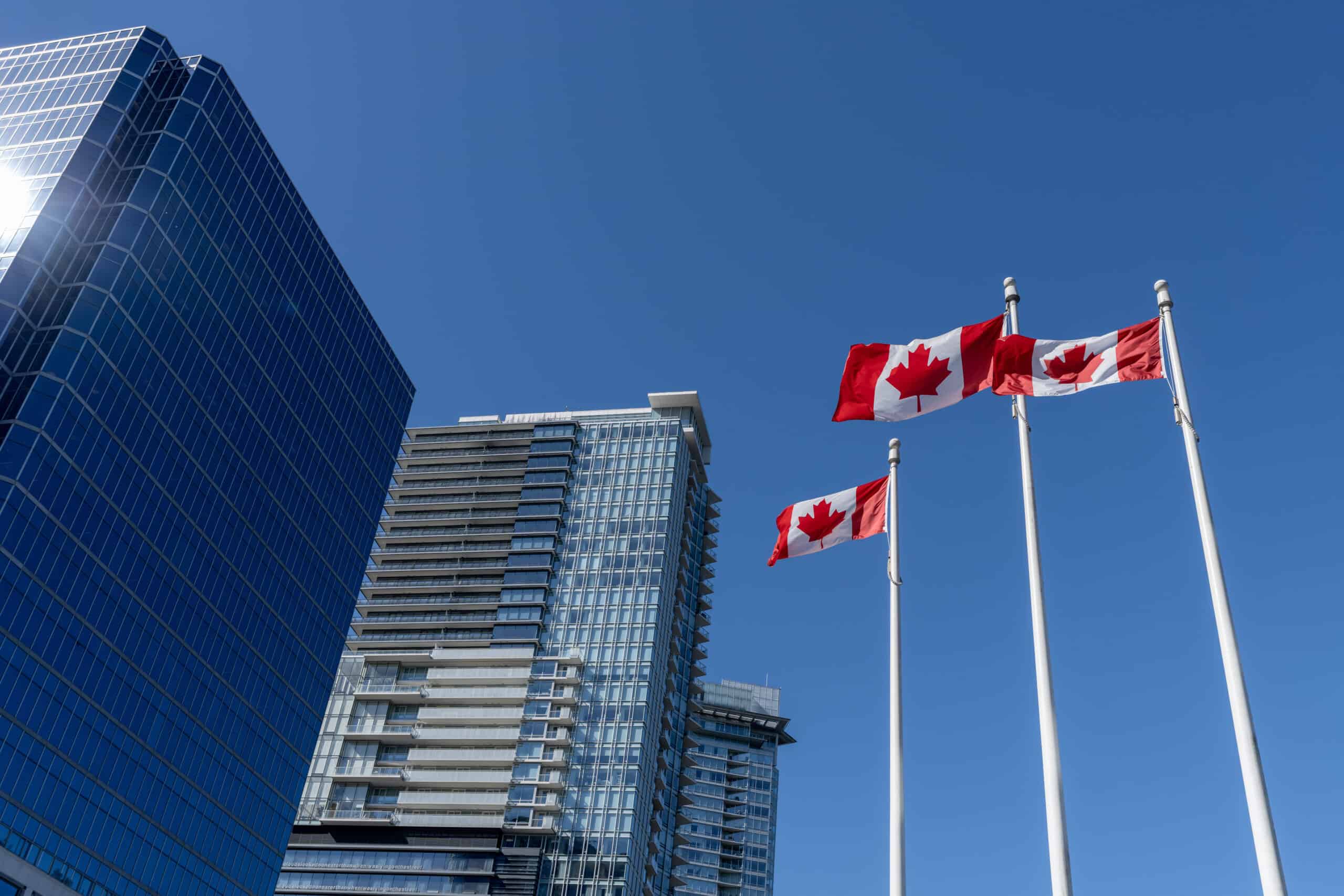Canada Immigration Minister Marc Miller says that the federal department is still weighing its options on virtual citizenship ceremonies despite being urged to move on from the idea.
« Doing your citizenship ceremony in public, in front of all your family and with people that are becoming new Canadians, is a moment to remember in people’s lives. It is the absolute preferred option, » Miller said.
« But […] I’ve been asked to take this department in the 21st century, » he added.
« We need options that are flexible, especially in rural regions. And we’ve certainly heard from rural colleagues and from people that don’t want to move 100 or 200 kilometres to do an in-person citizenship ceremony. »
Immigration, Refugees and Citizenship Canada (IRCC) began holding virtual ceremonies during COVID-19 to overcome a rising backlog and challenges posed by public health measures such as social distancing restrictions.
Read More
Canada Fast-Tracking Work Permit Extension and PGWP Applications Using Automation Tools
British Columbia PNP Draw: Province Issues At Least 181 Canada Immigration Invitations
Canada Start-Up Visa Program: What Are The Rules On Business Ownership?
Since then, the popularity of online citizenship has skyrocketed among to-be Canadians, with less than 10 percent of Canadians signing up for in-person ceremonies in the last six months of 2022.
However, this measure has also been subject to increased critical scrutiny.
A petition to Parliament launched by former director general at IRCC Andrew Griffith -and signed by recognizable names such as former Governor General Adrienne Clarkson – says that “Citizenship ceremonies mark the end of an often-lengthy and difficult immigration journey, and provide a unique celebratory moment for new and existing Canadians.”
The « stated cost and time savings […] are unlikely to be realized and are minimal in relation to total processing time and overall cost of the citizenship program. »
‘Bonding Experience Of Us As A Nation’
Clarkson weighed in on the issue as well, telling CBC News that « those ceremonies aren’t just a matter of administrative ability to get a paper that says, ‘I’m a Canadian citizen, I can vote.’ They are a bonding experience of us as a nation. »
« In France, they send [your citizenship certificate] to you by registered mail. Citizenship is not just about administration.”
Former Calgary mayor Naheed Nenshi – who is another critic of virtual ceremonies – discount the argument that they make it easier for those in rural communities to gain their citizenship without having to worry about commute.
« The vast majority of immigrants go to cities in Canada, » he said.
« Helping people come to Canada and interact with Canada … helps them become better community members and helps them build their life as Canadians.”
Watch video:
The Video Oath (Virtual Citizenship) Ceremony Process
IRCC’s official website says that for approved applications to become Canadian, “most applicants” will be invited to a video oath ceremony.
This would provide applicants with details such as:
- the time and date of their ceremony
- how to reschedule their ceremony
- what to bring to the ceremony
For those who want to change the format of their ceremony from virtual to in-person, they can reply to IRCC’s invitation.
How IRCC Invites Applicants
IRCC contacts the email address or phone number that applicants give in their application. If their contact information changed, they can tell IRCC using their web form.
- By Email
If applicants provide an email address in their application, IRCC will email them the invitation.
To avoid missing their emails:
-
- add email addresses ending in “@cic.gc.ca” to your email’s safe sender list
- check your junk or spam folder regularly if you don’t see IRCC’s message
- By Phone
IRCC agents call applicants if they do not have their email address. Their call may show up as:
- An “Unknown caller” in your caller ID
- A number from outside of Canada
Applicants should answer their phone when they see these numbers so that they do not miss IRCC’s calls.
After they respond to the phone call, IRCC will send them the invitation by mail.
Candidates need to be in Canada to take the Oath of Citizenship. If they get the invitation when they are not in Canada, they must reply to the invitation email to explain their situation in detail.
In their email:
- Applicants must put “Outside Canada – Oath of Citizenship” in the subject line
- In the body of their message, they should include
- their full name
- their application number
- a detailed explanation of their situation





